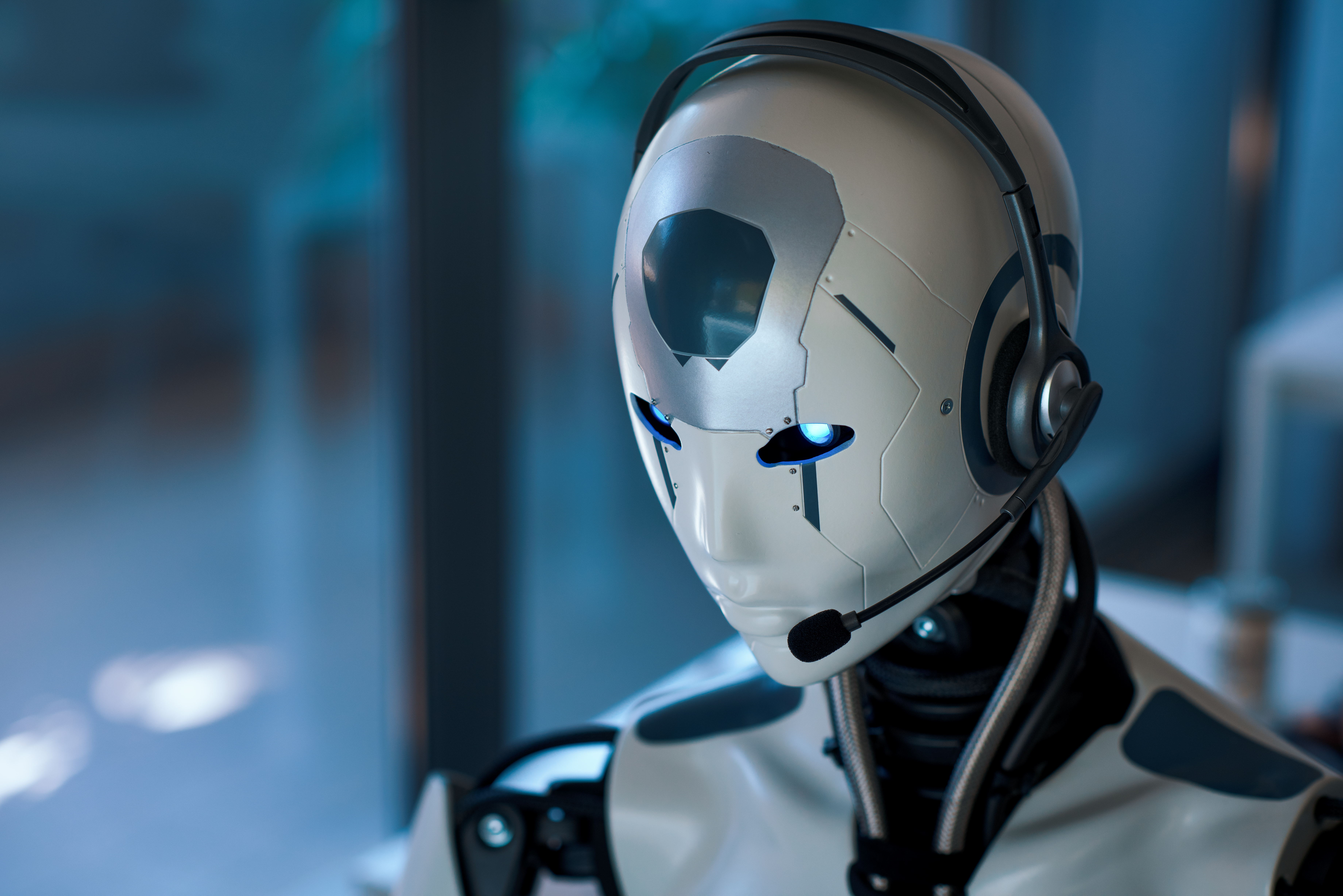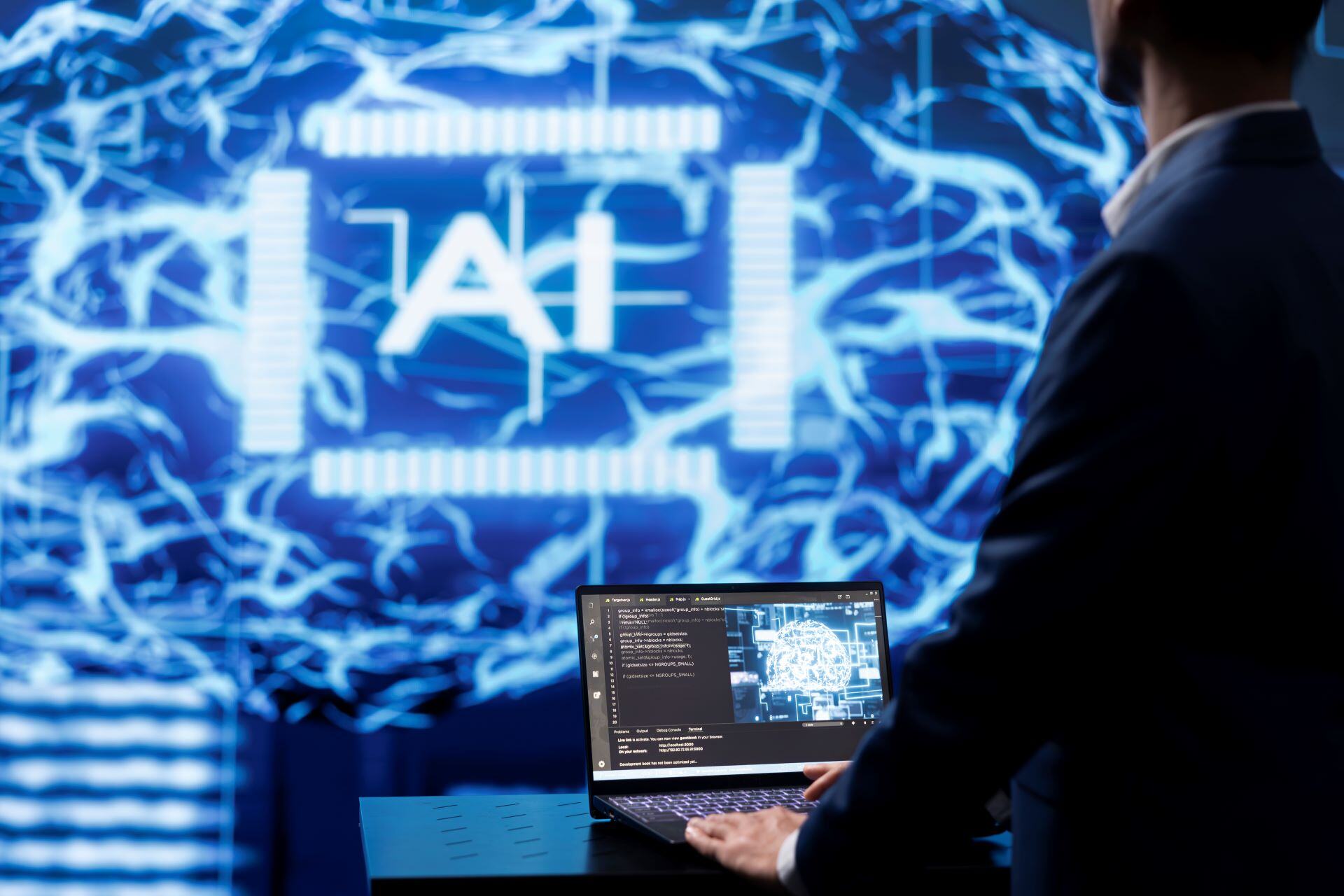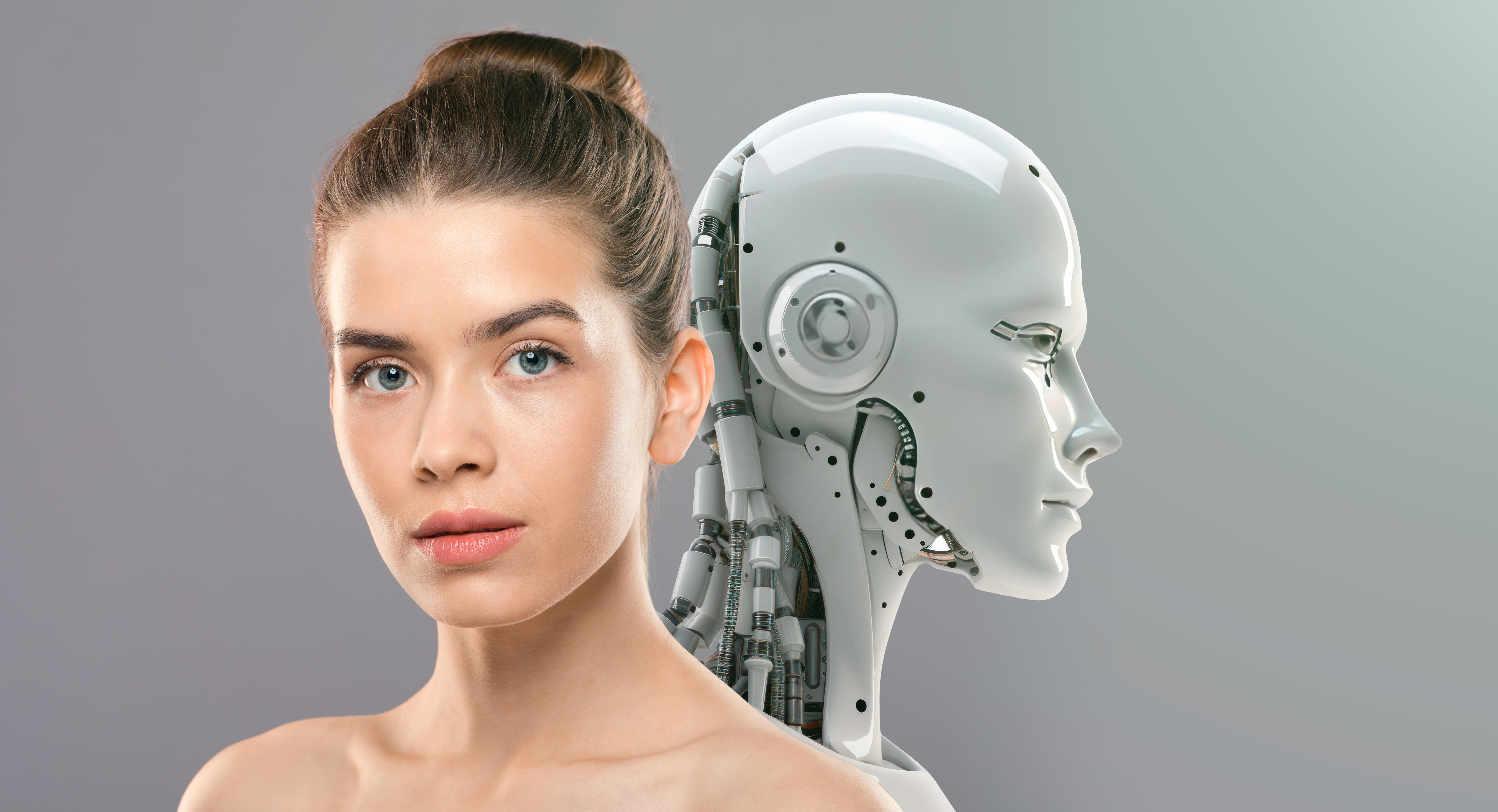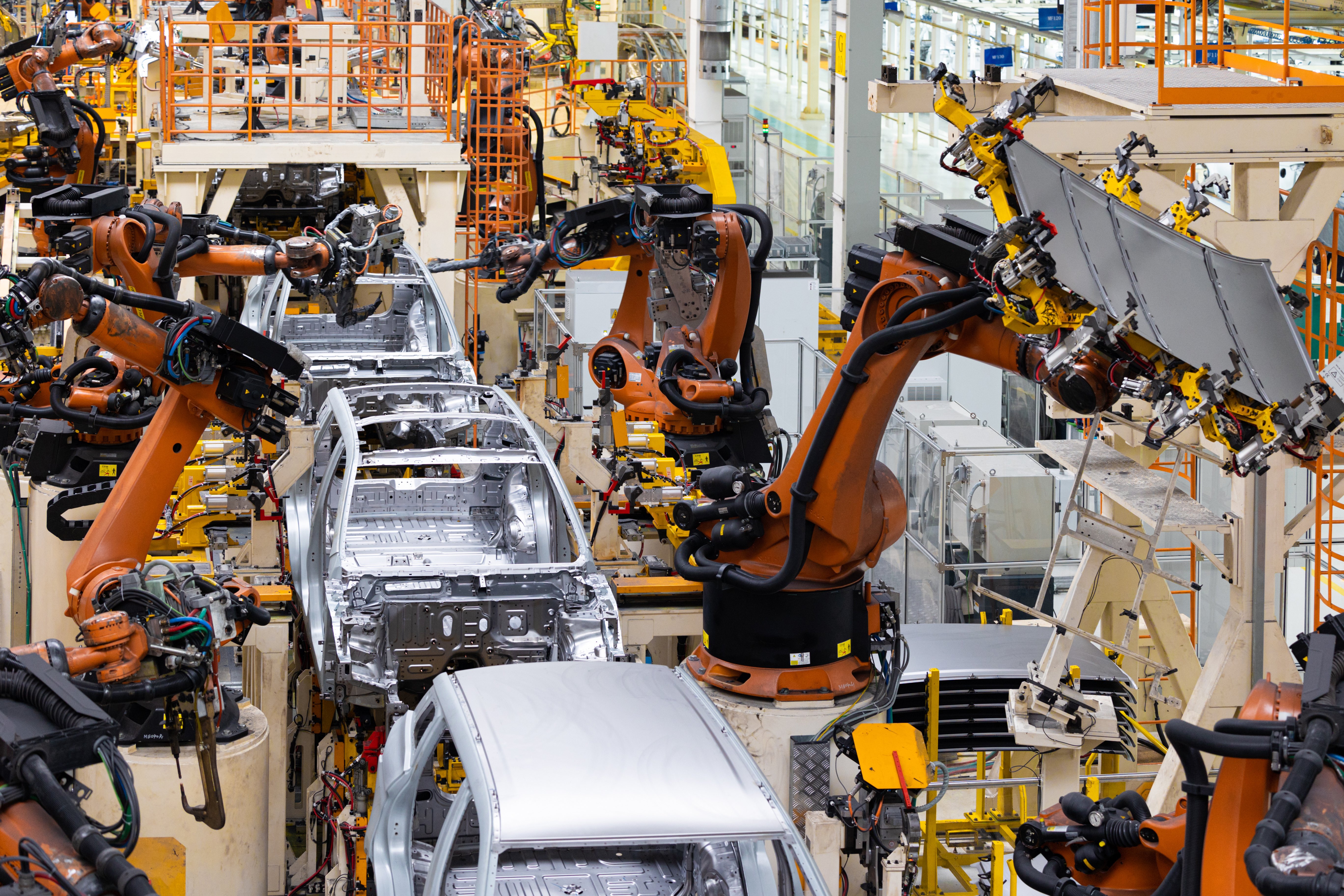Artificial Intelligence: The Future is Now.

Post Categories
Angela
Artificial Intelligence (AI) has transcended from the realms of science fiction to become an integral part of our daily lives. The rapid advancement of technology has propelled AI into our lives, revolutionizing our work, communication, and lives. Let's delve into the evolution of AI explore its current capabilities and envision future possibilities.
The Genesis of AI:
The concept of AI dates back to ancient history, where myths and legends often depicted artificial beings imbued with human-like intelligence. However, the formal birth of AI as a scientific discipline can be traced to the mid-20th century. Pioneers like Alan Turing laid the foundation, envisioning machines capable of intelligent behavior. The journey from Turing's theoretical concepts to today's sophisticated AI systems has been nothing short of extraordinary.
AI in Everyday Life:
Today, AI has seamlessly integrated into our daily lives. From voice-activated virtual assistants to recommendation algorithms on streaming platforms, AI is omnipresent. Machine Learning (ML), a subset of AI, plays a pivotal role in these applications, enabling systems to learn from data and improve their performance over time. As a result, our smartphones, smart homes, and online experiences are becoming more personalized and efficient.
The Rise of Deep Learning:
Deep Learning, a subset of ML, has emerged as a driving force behind many recent AI breakthroughs. Neural networks inspired by the human brain form the basis of deep learning models, allowing machines to recognize patterns and make decisions with remarkable accuracy. This technology has revolutionized image and speech recognition, and natural language processing, and has even found applications in healthcare, finance, and autonomous vehicles.
Challenges and Ethical Considerations:
While AI presents tremendous opportunities, it also raises challenges and ethical concerns. Issues like bias in algorithms, job displacement due to automation, and the ethical use of AI in decision-making processes have become hot topics of discussion. Striking a balance between technological progress and responsible AI development is crucial for a sustainable future.
The Future of AI:
As we stand on the brink of the future, the possibilities for AI seem limitless. Quantum computing holds the potential to revolutionize AI by solving complex problems at an unprecedented speed. AI's role in tackling global challenges such as climate change, healthcare, and education is gaining prominence. The synergy between humans and AI is likely to intensify, leading to augmented intelligence where machines complement human abilities. The automotive industry adopted AI, and the changes are incredible. Read more about what to expect.
Closing Thoughts:
The journey of AI from concept to reality has been awe-inspiring, and its impact on society continues to unfold. As we navigate the future, responsible development, ethical considerations, and a collaborative approach will be key to maximizing the benefits of AI. The evolution of AI is a testament to human ingenuity, and the path ahead promises a future where intelligent machines and humanity coexist harmoniously, ushering in a new era of innovation and progress.


